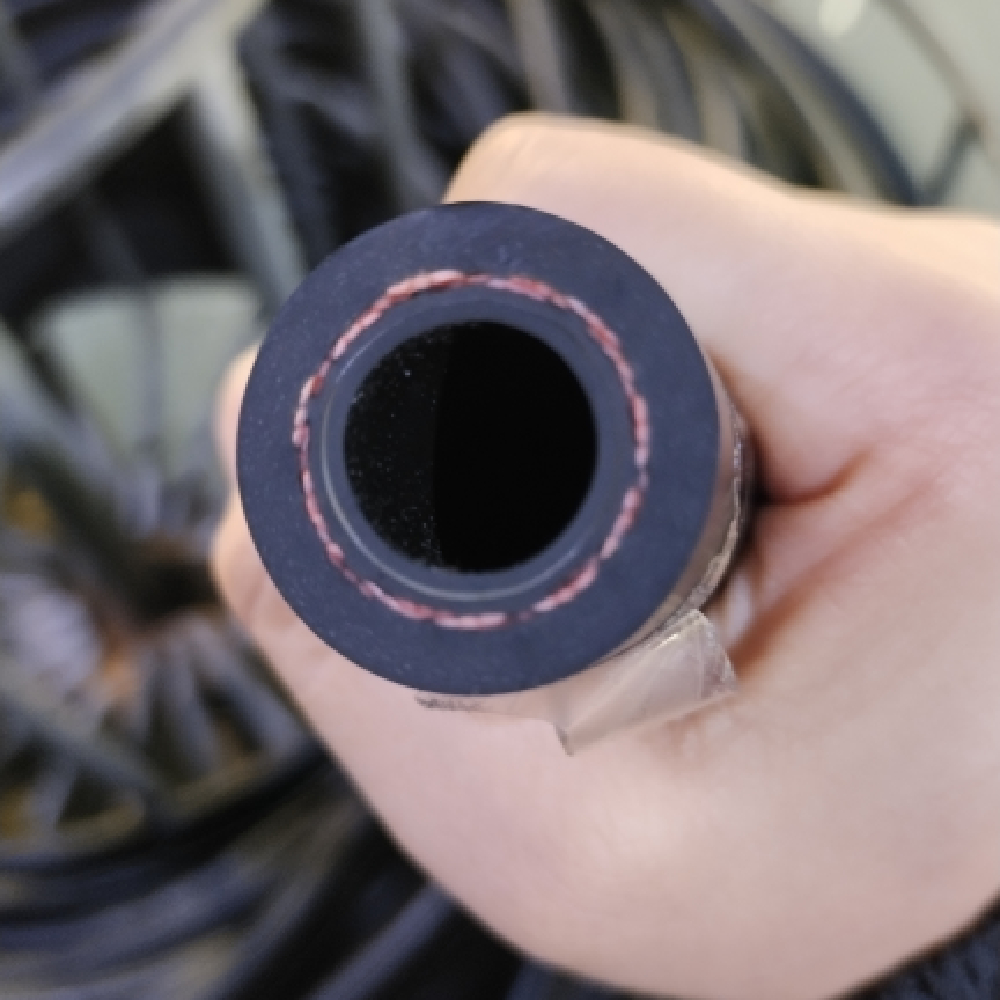oil hose car
Dec . 12, 2024 15:58 Back to list
oil hose car
The Importance of Oil Hoses in Automotive Systems
In the intricate world of automotive engineering, where precision and reliability are paramount, oil hoses play a critical role in ensuring vehicles operate smoothly and efficiently. Understanding the function, construction, and maintenance of these essential components can provide valuable insights into their significance in automotive systems.
What Are Oil Hoses?
Oil hoses are specialized tubes designed to transport engine oil from the oil reservoir to various parts of the engine. They are crafted from durable materials that can withstand high pressure and temperature fluctuations. These hoses are vital in ensuring that the engine receives a steady supply of oil, which lubricates moving parts, reduces friction, and helps dissipate heat generated during operation.
Materials and Construction
Oil hoses come in various materials, including rubber, silicone, and reinforced thermoplastics. Each material offers distinct advantages. Rubber hoses, for example, are flexible and resistant to wear, making them ideal for diverse environments. Silicone hoses, while typically more expensive, can endure higher temperatures and provide excellent resistance to oil degradation. Reinforced thermoplastic hoses combine lightness with strength, offering an alternative that is both durable and flexible.
The construction of oil hoses often involves multiple layers of materials to enhance strength and resistance to leaks. Inner linings are designed to be chemically compatible with oil, while outer layers are reinforced to prevent bursting under high pressure.
Functionality in Automotive Systems
The primary function of oil hoses is to facilitate the flow of oil throughout the engine and associated systems. This includes delivering oil to the oil filter, oil cooler, and oil pump, ensuring that every component receives adequate lubrication. A well-functioning oil hose ensures optimal oil circulation, which is crucial for maintaining engine temperature and efficiency.
oil hose car

In modern vehicles, oil hoses also play a role in supporting various advanced systems. For example, many new engines employ turbocharging technology to enhance performance, which can put additional strain on oil delivery systems. High-quality oil hoses must withstand these demands while continuing to provide reliable service.
Maintenance and Inspection
To ensure the longevity and effectiveness of oil hoses, regular maintenance and inspection are essential. Mechanics often check for signs of wear, such as cracks, bulges, or leaks. Any visible damage can be an early indicator of potential failures, which, if left unaddressed, could lead to severe engine complications.
Additionally, oil hoses can degrade over time due to heat and exposure to oil. Regular replacement, especially after a certain mileage or time period, is a standard practice in automotive maintenance schedules. Using OEM (Original Equipment Manufacturer) hoses is recommended to ensure compatibility and reliability.
The Future of Oil Hoses
As automotive technology continues to evolve, so too will the design and materials used in oil hoses. With the increasing focus on fuel efficiency and emissions control, manufacturers are likely to explore innovative materials and designs that can withstand higher pressures and temperatures while being more resistant to chemical degradation. Furthermore, as electric vehicles gain traction, the role of traditional oil hoses may shift, prompting further research and development in this area.
Conclusion
Oil hoses are indispensable components of automotive systems, ensuring the smooth operation of engines by facilitating the proper flow of oil. Their construction, functionality, and maintenance are vital aspects that contribute to a vehicle's overall performance and longevity. As technology progresses, the evolution of oil hoses will continue to play a significant role in meeting the demands of modern and future automotive applications. Understanding their importance can help vehicle owners appreciate the complexities of their engines and the necessity of proper maintenance.
